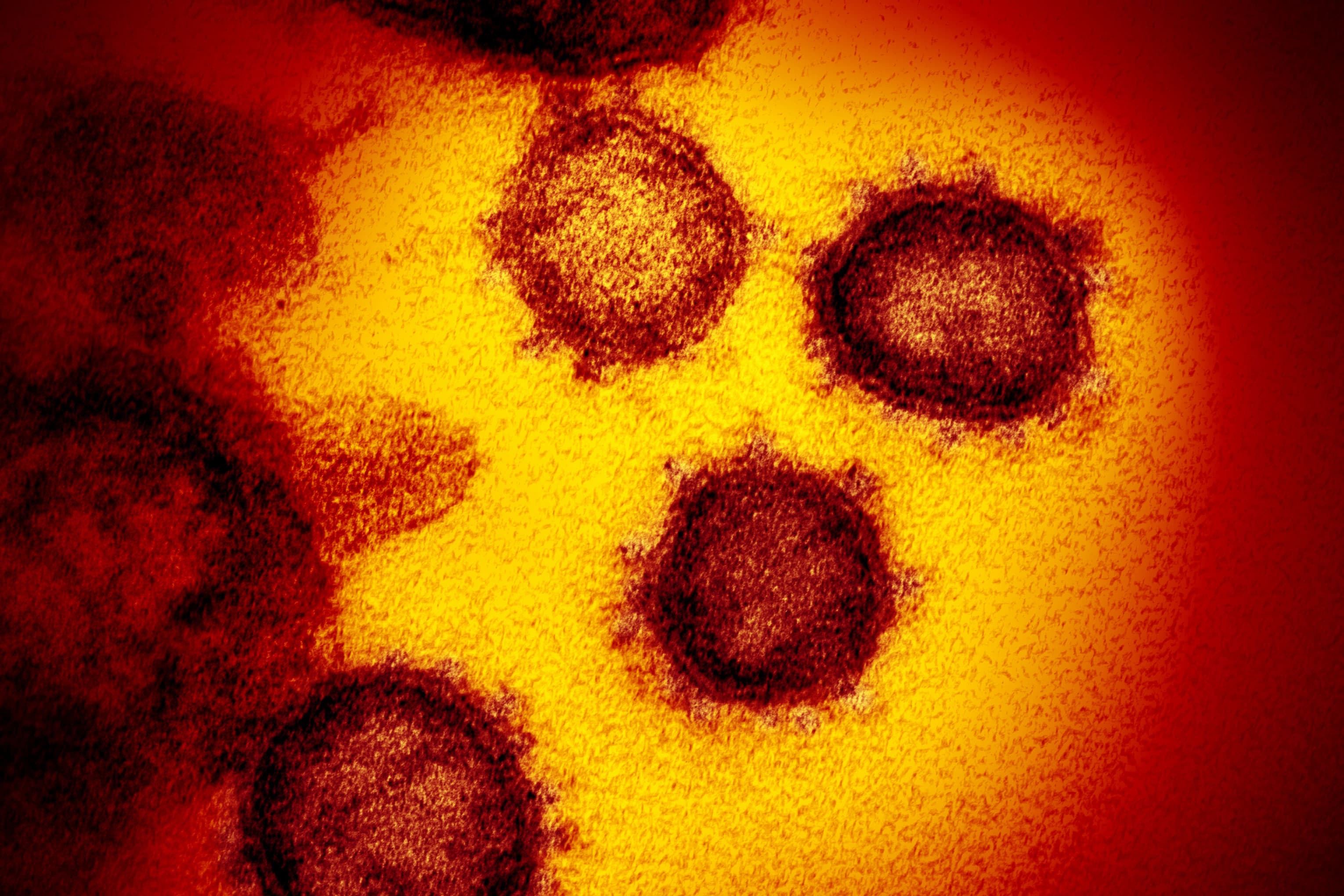
Researchers monitor those spikes, or the S-protein, for mutations because they can allow the virus to bind to cells easier or increase the amount of virus a person sheds.
For instance, the B.1.1.7 variant first identified in the U.K.One of the key mutations, N501Y, is a change in the spike protein that scientists think helps the virus bind to cells easier.
The same key N501Y mutation has separately developed in the B.1.351 variant, identified in South Africa, and the P.1 variant, found in Brazil.The CDC warns that this mutation, which has now been identified in some B.1.1.7 cases, could be resistant to antibody drug therapies, and early studies show that it may reduce the effectiveness of some vaccines.Novavax said its vaccine was just 49% effective among 44 Covid-19 cases in South Africa, and J&J said its vaccine was 57% effective at preventing symptomatic Covid-19.
The World Health Organization's immunization director, Kate O'Brien, said on Thursday that these results don't provide much certainty because the number of cases in the South African trials were low.Clinical trials from Pfizer-BioNTech and Moderna were performed before the variants emerged, so scientists have been performing laboratory tests to determine how well blood samples from people who were already vaccinated react to lab-constructed virus variants with the key mutations.Those studies, which look at whether the sera in the blood neutralizes the virus and prevents it from replicating, have shown a reduction in performance when tested against the B.1.351 variant.However, your body's ability to fight off the virus might depend on more than just neutralizing antibodies, including T cells and B cells, which could help fight the virus but aren't measured in the early lab assessments, Lauring told JAMA.The B.1.1.7 variant was first identified in the United Kingdom in December, but it's thought to have emerged at some point in September.In the U.S., there are now 1,661 documented Covid-19 cases with the B.1.1.7 variant, 22 cases with the B.1.351 variant and five cases with the P.1 variant, according to the CDC's latest data.If the virus circulates in other parts of the world that are unvaccinated, it could lead to mutations that may threaten the widely deployed vaccines in other countries, the head of the CDC warned on Wednesday